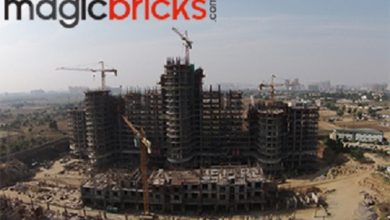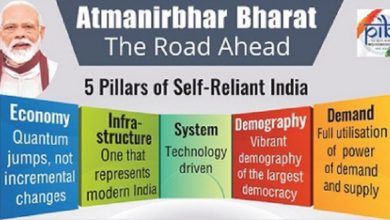The Art of Procurement
Authored by Arnab Ghosh, Director, Synergy Property Development Services

Procurement as a function today is an essential factor behind the success of any project. It starts with procuring the right team of design and specialist consultants, then moves to construction vendors and finally ends with setting up the right annual maintenance contract (AMC) vendors.
Successful procurement is based on the experience and market information available with the manager in charge of procurement. Establishing a procurement strategy at the inception of the process is the key to a successful outcome. The strategy must focus on aspects like – speed, workflow, cost, quality, specific project constraints, asset ownership, financing, among others.
Procurement as a function if not done right can lead to extensive cost and time overruns in a project. It is important that the procurement lead is completely conversant with the current financial health of the prequalified vendors. He should know about their recent projects and how they have fared in them. The performance of a vendor / service provider is dependent on various factors. A good procurement strategy should consider all those factors before it is put into practice. The nature of the project and its scale has to be considered in the same strategy.
Client procurement verticals tend to finalise vendors who has the lowest quote assuming they are taking advantage of the competition. However more often than not, there is no benchmarking done to evaluate the right cost of a product or service. This leads to an unhappy situation later. The pressure to finalise vendors within a target budget is immense and the lack of ownership of the procurement vertical after finalisation of vendors lead to frictions with the project delivery team.
Here are a few procurement practices to ensure best-in-class projects, which not only optimises the costs but also improves process efficiency.
Prequalification of Vendors
Prequalification of vendors is the most important exercise in a procurement workflow. The idea is to choose a set of prequalified vendors, all of whom are equally capable to execute the contract in question. This is the premise based on which technical and commercial evaluation will be done and the most competitive agency will be appointed. There are various templates to prequalify vendors with varying weightage against turnover, staffing, locational and miscellaneous information. Going wrong at this stage can substantially increase the project risk percentage.
Maintaining Transparency
Making procurement functions transparent is one of the basic pre-requisites in order to unlock potential savings and achieve operational excellence. It ensures accountability in the process besides minimising opportunities for fraud. Defining and implementing procurement policies properly, monitoring and documenting every step of the process and conducting frequent audits helps in maintaining transparency in the process.
Governing the Supply Chain
Having a leader to monitor the supply chain helps align organisation’s strategy with the overall strategy. It is often noticed how a supply chain organisation struggles for recognition, because their objectives and strategies do not coincide with that of their clients. A supply chain head can control that by providing consolation and validation with respect to client’s ideas to match corporate standards. This is also relevant for developers and corporates, if they consider the end users of their built spaces as clients.
Sustainable Procurement
Real estate developers and PMCs have undertaken major initiatives towards reducing impacts that are detrimental to the environment. It is time we ingrain our sustainable initiatives in our procurement strategy to address the issue at its root. It is crucial to design eco-friendly systems and procure materials & equipment to keep in check the building’s carbon footprint.
Ensure Integrity
Procurement teams must ensure the integrity of the procurement process. If there is any doubt regarding the integrity of the process, the contracting officer should consider suspending the procurement process until the issue is resolved. Also, it is very important to keep the upper management in the loop about minor details of the process during procurement.






